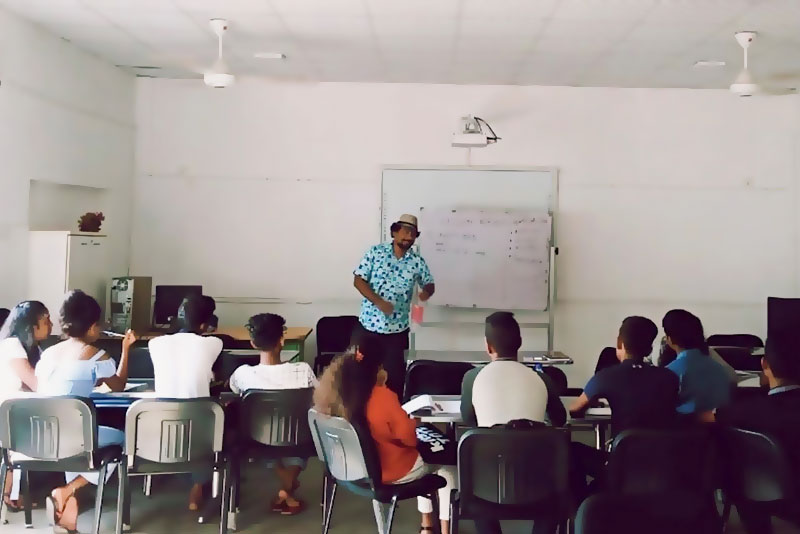Why SEL
“School education should include social emotional learning and personality development. If children learn to manage their inner selves, they will become reasonable people in their own communities.”
– Dr Sujata Gamage
Senior Research Fellow, LIRNEasia and Co-Cordinator, Education Forum Sri Lanka.
WHAT IS SEL
Social and emotional learning (SEL) helps both young people and adults learn skills that contribute to their own personal development as well as that of the communities they live in. SEL teaches people to manage emotions, set and attain personal goals, become more empathetic towards others, and build mutually supportive relationships.
According to CASEL SEL has five core social and emotional competencies.

Self Awareness

Self Management

Responsible Decision Making

Relationship Skills

Social Awareness
SEL has been embraced by schools in many countries. As traditional workplaces continue to face greater challenges and disruptions, skills such as creativity, empathy and better personal understanding become more valuable.
SEL is most successful when adopted within schools and wider communities. This requires the participation of both teachers and parents.
WHY SEL IN SRI LANKA
Sri Lanka struggles with a skewed education system, with most of the government’s education budget focused on urban schools. Approximately 60% of the country’s students dropout at age 17-18 and only a quarter of these students seek vocational education (UNICEF). Not surprisingly 20% of Sri Lanka’s youth are unemployed (www.statista.com).
In such an environment SEL can prove useful, as numerous studies have demonstrated how SEL capabilities can improve student well-being, social behaviour, and academic achievement.
SEL adoption in schools has shown to have a positive benefit on both teachers and students. Sri Lanka’s teachers, as in most other countries, struggle to control classes and maintain discipline while trying to complete large syllabuses. In order to do so, they have traditionally, and, most often reluctantly, resorted to corporal punishment. In February 2021 the Sri Lankan Supreme Court, in a landmark judgement, condemned the use of corporal punishment in schools. By encouraging SEL in their classrooms, teachers are able to encourage acceptable behaviour through positive reinforcement as opposed to fear and cruelty.
At L4LL we strongly believe that supplementing education in Sri Lanka with SEL will help our children flourish in school, work and life.


